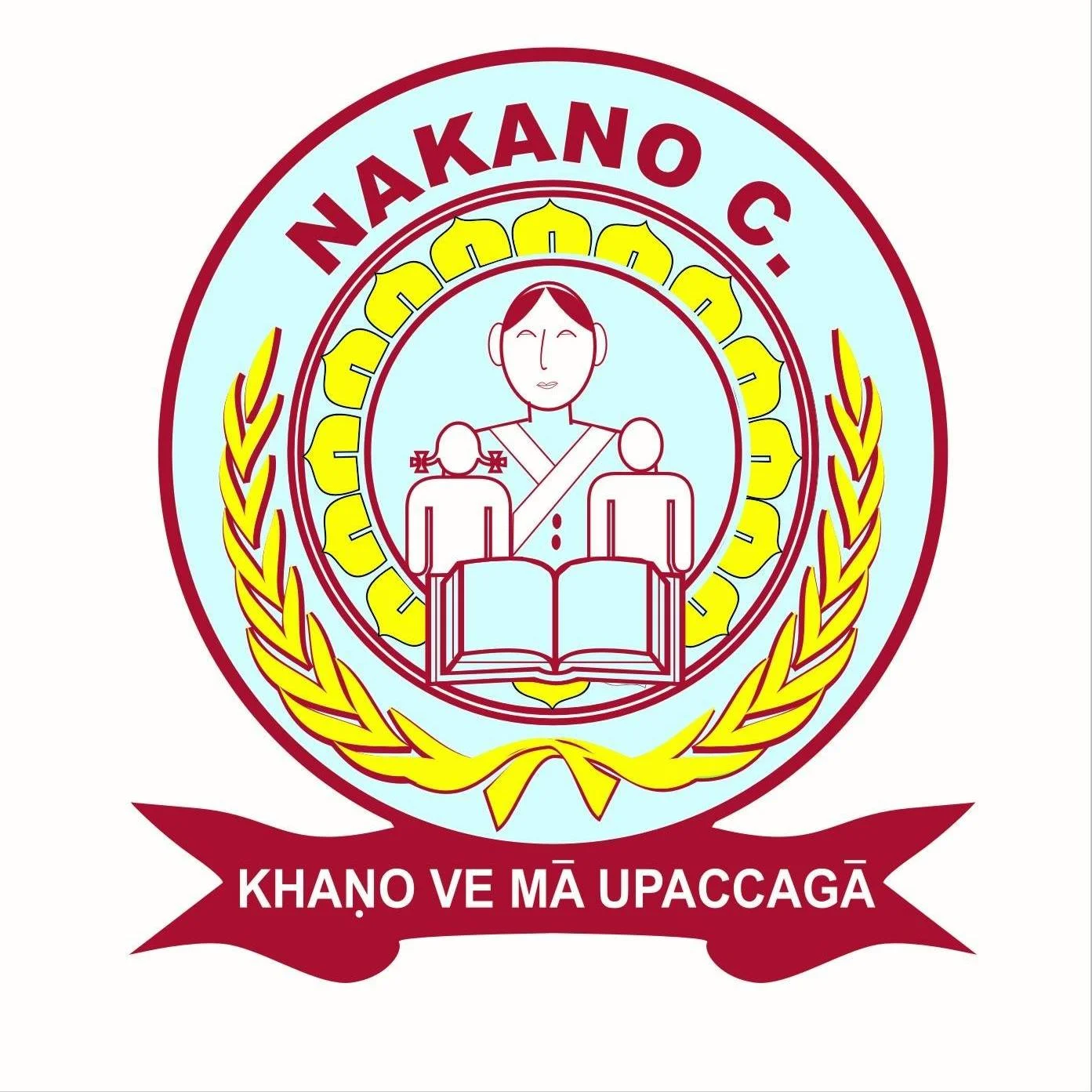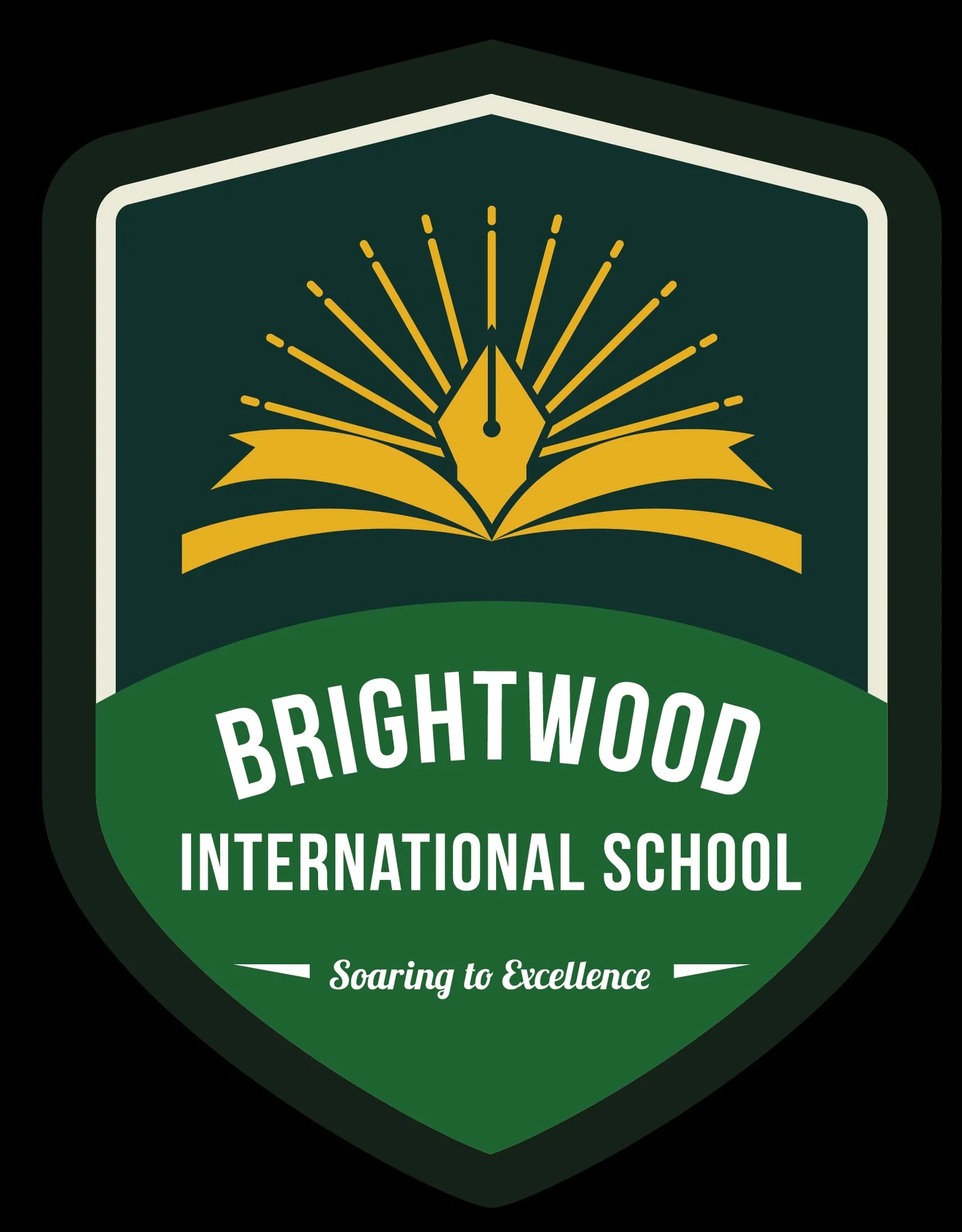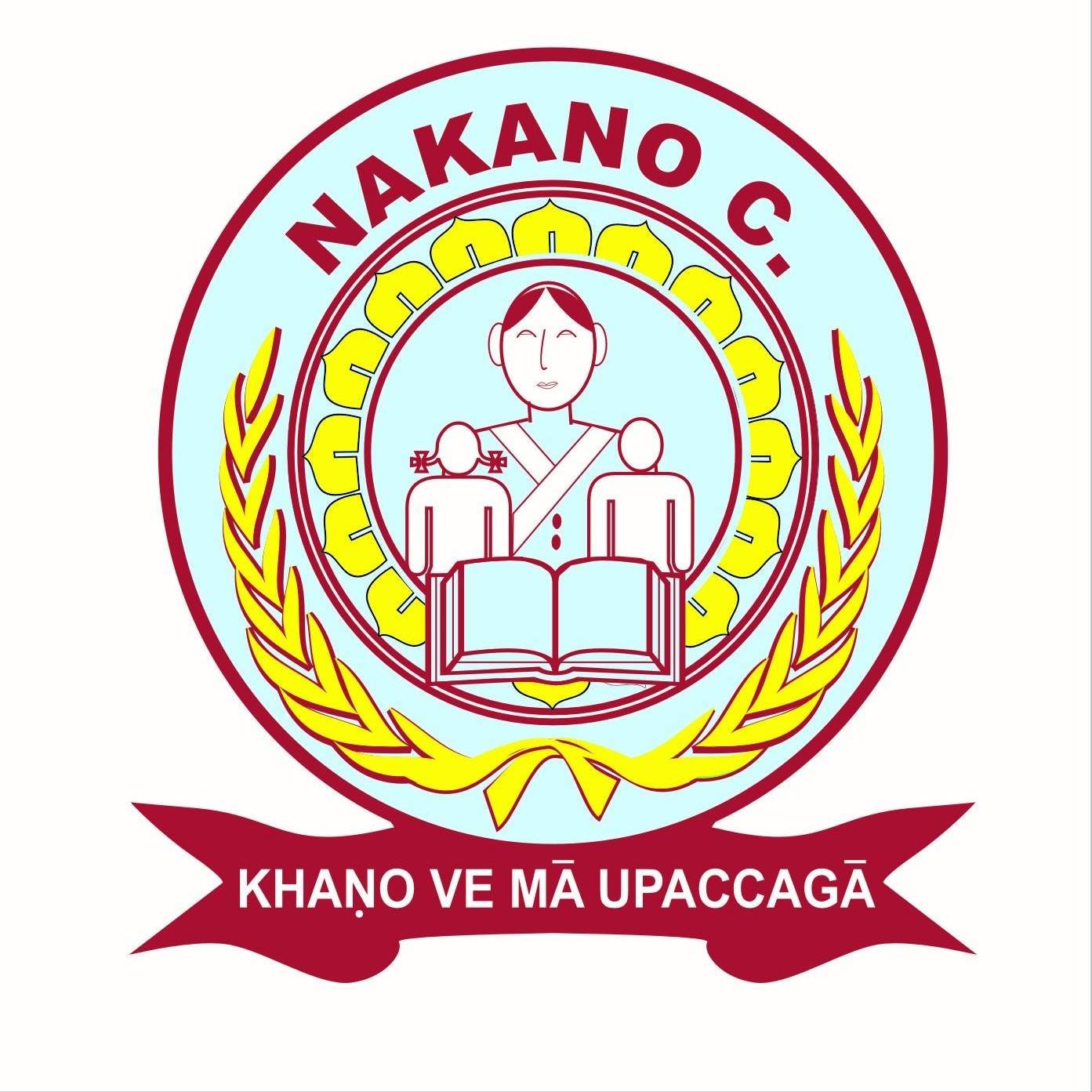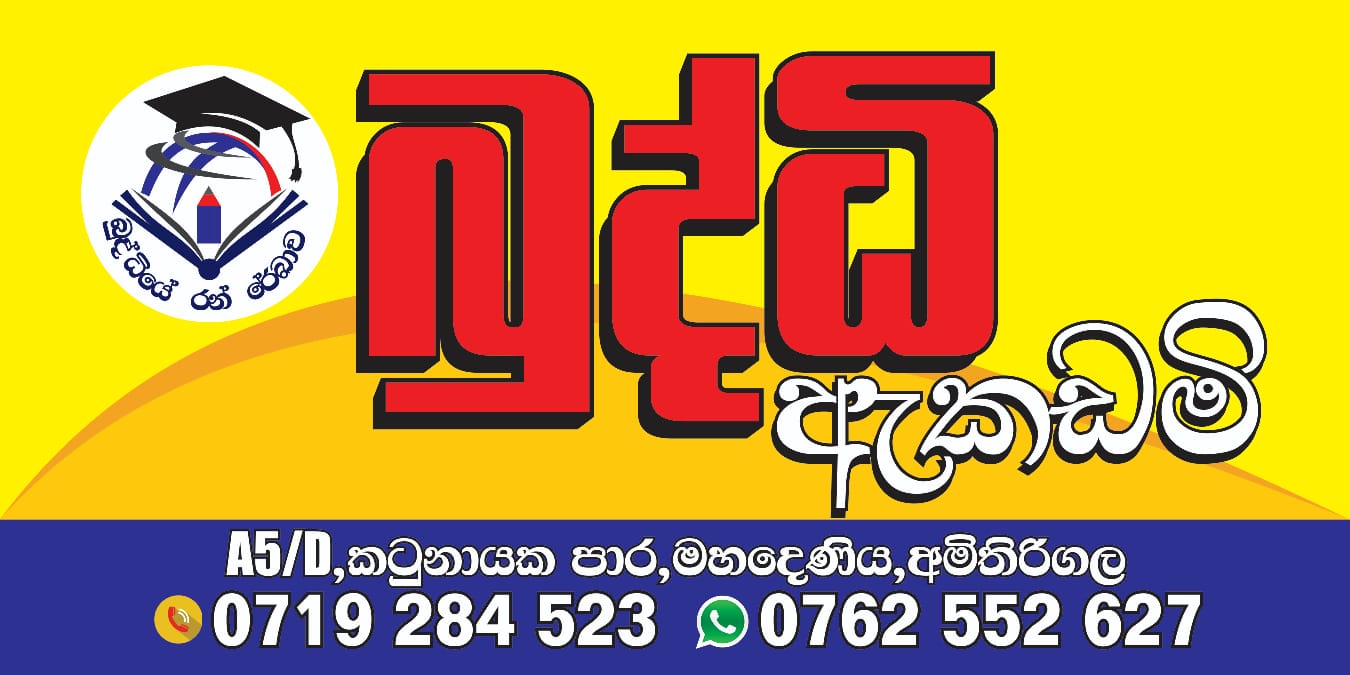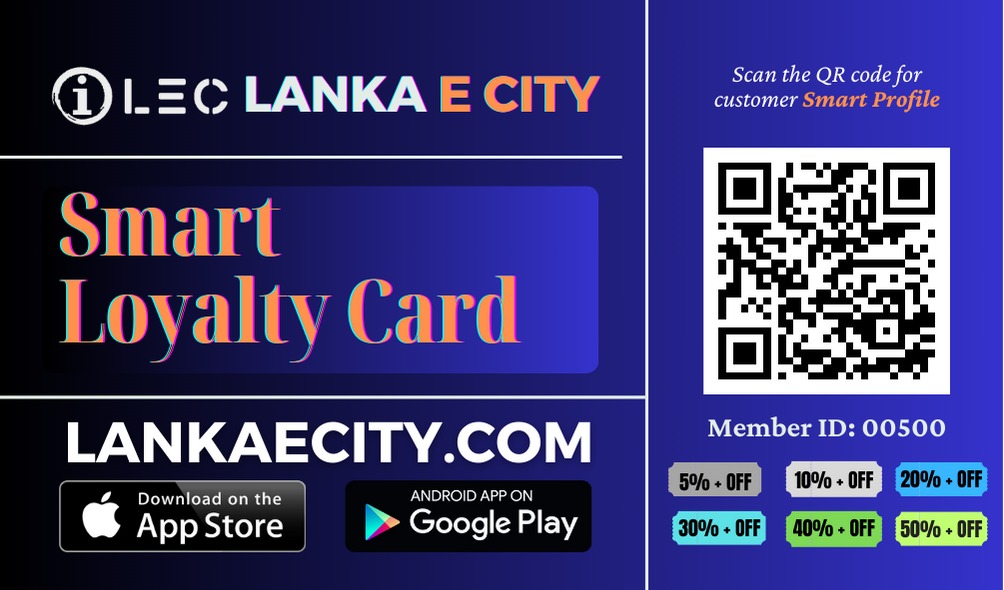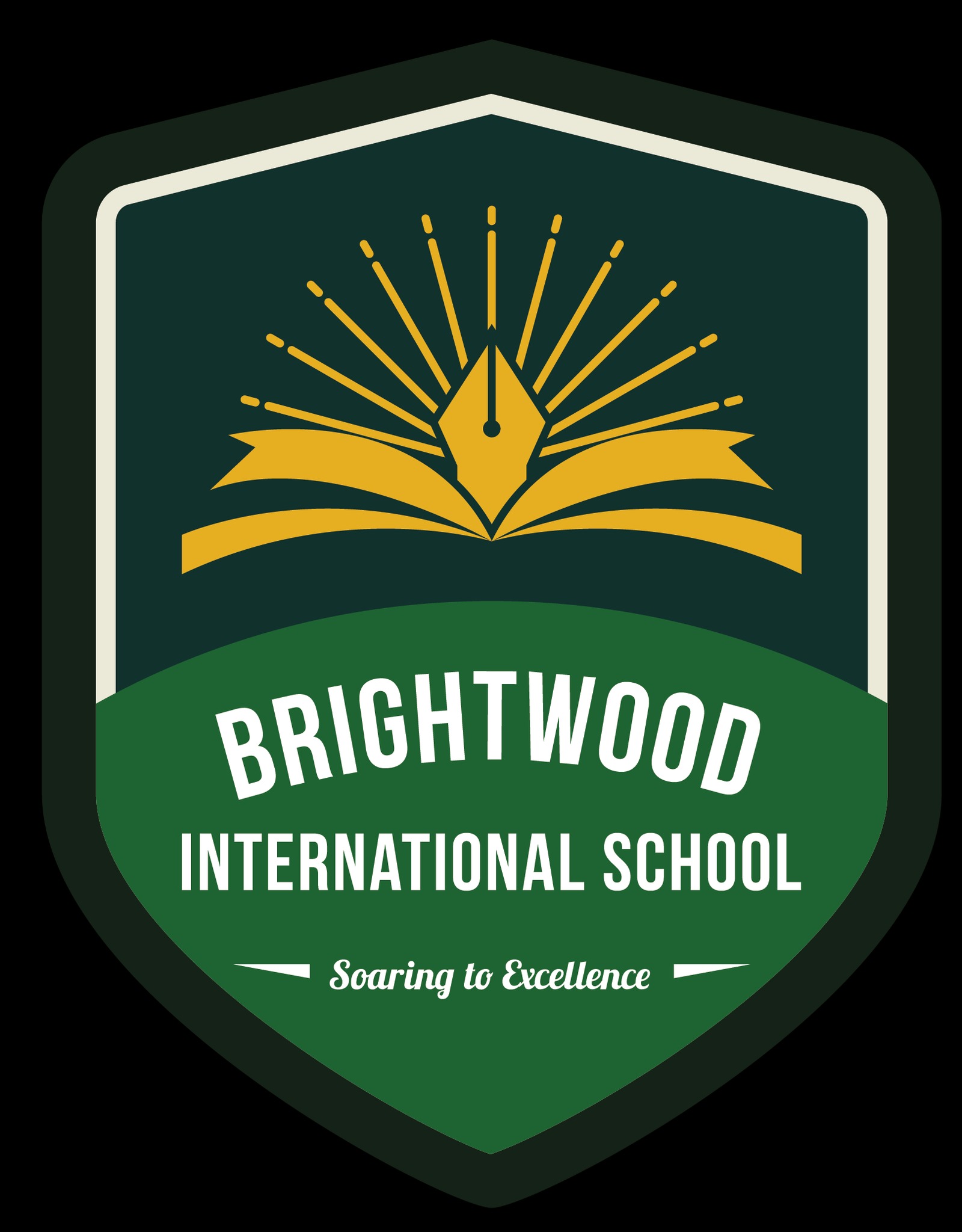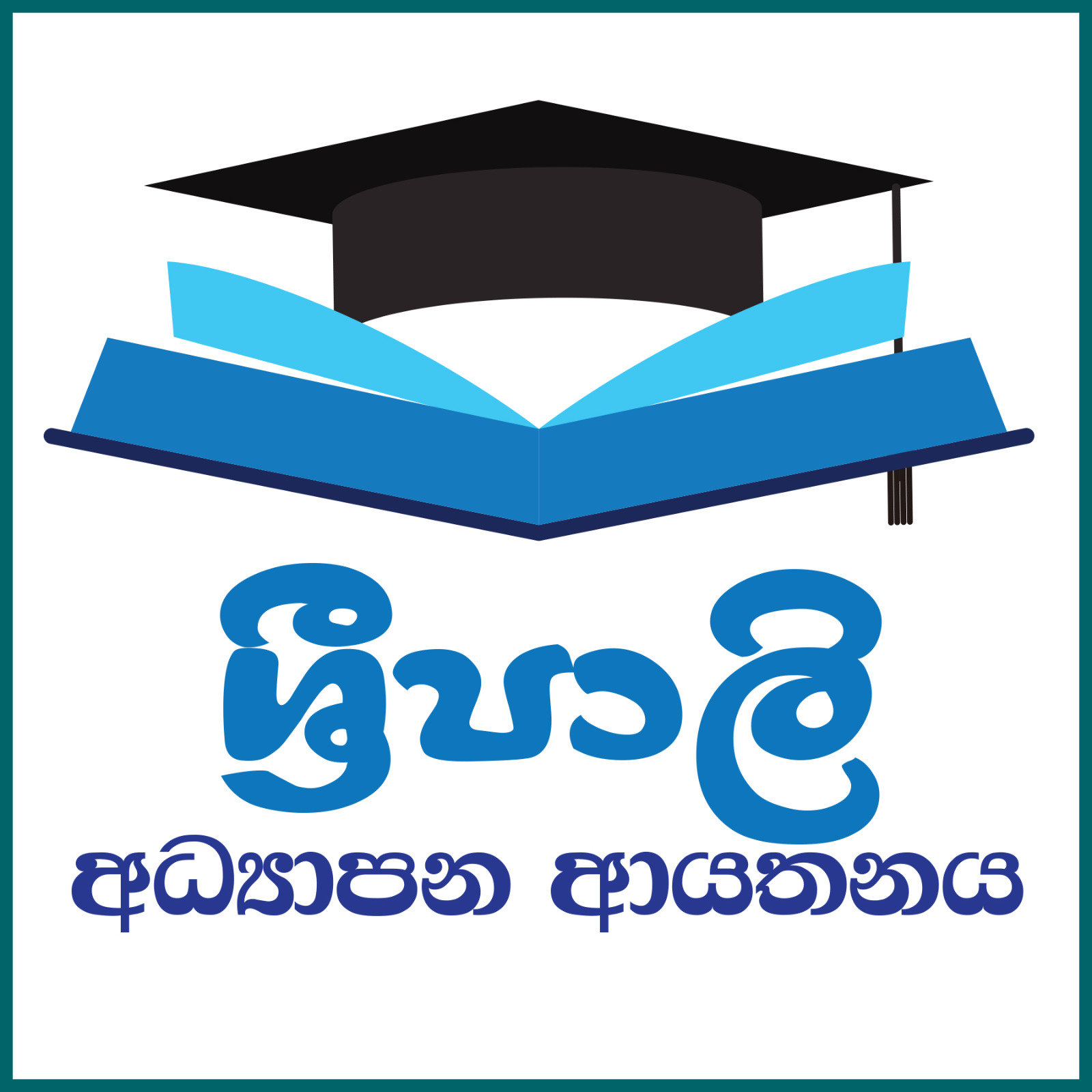
Explore
close
All Categories
- Agriculture and Services - 28
- Advertising and Printing - 36
- Pawning Center And Services - 00
- Insurance Services - 00
- Automobiles and Services - 221
- Architecture and Services - 06
- Astrology Services and Horoscope - 03
- Art and Gift Items - 04
- Buying and selling Store of Agricultural Products - 06
- Bookshop and Communication - 31
- Brassware and Services - 01
- Beverages and cafes - 08
- Computer and Mobile - 112
- Courses and Training Institutes - 10
- Cake Shops and Bakery - 15
- Cement Products and Services - 21
- Clock Shops and Repair Centers - 02
- Construction and Services - 14
- Consulting and Services - 02
- Document Translation and Services - 01
- Electrical Shops and Services - 27
- Environmental Health and Safety - 01
- Electronic Shops and Services - 31
- Education and Service - 19
- Equipment Rental Services - 09
- Elderly Care Service center and Housemate Services - 01
- Export Import and services - 01
- Entertainment and Services - 01
- Fruit and Vegetable - 06
- Food and Orders - 51
- Furniture and Services - 31
- Financial Services and Investment - 02
- Fiberglass and Services - 01
- Furnel Service - 01
- Fashion and Textiles - 81
- Garments and Tailor shops - 08
- Gas and Oxygen Point - 19
- Gems and Services - 05
- Glass and Services - 11
- Grinding and Mill - 03
- Guest House and Rooms - 22
- Hardware Stores and Services - 74
- telecommunication - 01
- Hotels and Resorts - 49
- Home and Garden Decoration Services - 17
- Hire and transport Services - 33
- Iron Aluminum Shops and Work Centers - 41
- Investment - 01
- Jewelry Shops and Services - 20
- Key Cutting and Locksmith Services - 01
- Lovers and Beauty - 03
- Laundry and Service - 01
- Legal Services - 00
- Mining Equipment and Services - 00
- Meat and Fish Shops - 07
- Medical Centers and Ayurveda - 20
- Multi Shops and Services - 22
- Music Instruments Shops and Services - 00
- Photography and Videography - 42
- Party and Event Management Services - 15
- Pet Shops and Animal Clinic Centers - 10
- Pharmacies - 12
- Plastic Shops and Services - 01
- Porcelain and Service - 00
- Power Tools and Services - 10
- Pottery Barn and Services - 02
- Polythene and Service - 02
- Private Hospitals - 01
- Restaurant and Bar - 45
- Real Estate and Services - 02
- Religious Items and Services - 06
- Solar and Services - 04
- Saloon and Services - 85
- Supermarket and Grocery - 36
- Spicy Shops and Services - 04
- Self Employed Product and Services - 01
- Spectacles Shops and Services - 07
- Sport Center and Product - 04
- Tiles and Ceramics - 10
- Technology Services - 01
- Timber Mills or Wood Work Place and Plywood Stores - 28
- Travel Agencies and Services - 07
- Wedding Planners and Services - 21
- Water Manufacturing Industries and Treatment System Plants - 02
- Get any product or service you need easily now Call us on: +94 76 15 33 639
- font_download Advertise with us
- store Add your business
menu
close
All Categories
- Agriculture and Services
- Advertising and Printing
- Pawning Center And Services
- Insurance Services
- Automobiles and Services
- Architecture and Services
- Astrology Services and Horoscope
- Art and Gift Items
- Buying and selling Store of Agricultural Products
- Bookshop and Communication
- Brassware and Services
- Beverages and cafes
- Computer and Mobile
- Courses and Training Institutes
- Cake Shops and Bakery
- Cement Products and Services
- Clock Shops and Repair Centers
- Construction and Services
- Consulting and Services
- Document Translation and Services
- Electrical Shops and Services
- Environmental Health and Safety
- Electronic Shops and Services
- Education and Service
- Equipment Rental Services
- Elderly Care Service center and Housemate Services
- Export Import and services
- Entertainment and Services
- Fruit and Vegetable
- Food and Orders
- Furniture and Services
- Financial Services and Investment
- Fiberglass and Services
- Furnel Service
- Fashion and Textiles
- Garments and Tailor shops
- Gas and Oxygen Point
- Gems and Services
- Glass and Services
- Grinding and Mill
- Guest House and Rooms
- Hardware Stores and Services
- telecommunication
- Hotels and Resorts
- Home and Garden Decoration Services
- Hire and transport Services
- Iron Aluminum Shops and Work Centers
- Investment
- Jewelry Shops and Services
- Key Cutting and Locksmith Services
- Lovers and Beauty
- Laundry and Service
- Legal Services
- Mining Equipment and Services
- Meat and Fish Shops
- Medical Centers and Ayurveda
- Multi Shops and Services
- Music Instruments Shops and Services
- Photography and Videography
- Party and Event Management Services
- Pet Shops and Animal Clinic Centers
- Pharmacies
- Plastic Shops and Services
- Porcelain and Service
- Power Tools and Services
- Pottery Barn and Services
- Polythene and Service
- Private Hospitals
- Restaurant and Bar
- Real Estate and Services
- Religious Items and Services
- Solar and Services
- Saloon and Services
- Supermarket and Grocery
- Spicy Shops and Services
- Self Employed Product and Services
- Spectacles Shops and Services
- Sport Center and Product
- Tiles and Ceramics
- Technology Services
- Timber Mills or Wood Work Place and Plywood Stores
- Travel Agencies and Services
- Wedding Planners and Services
- Water Manufacturing Industries and Treatment System Plants

